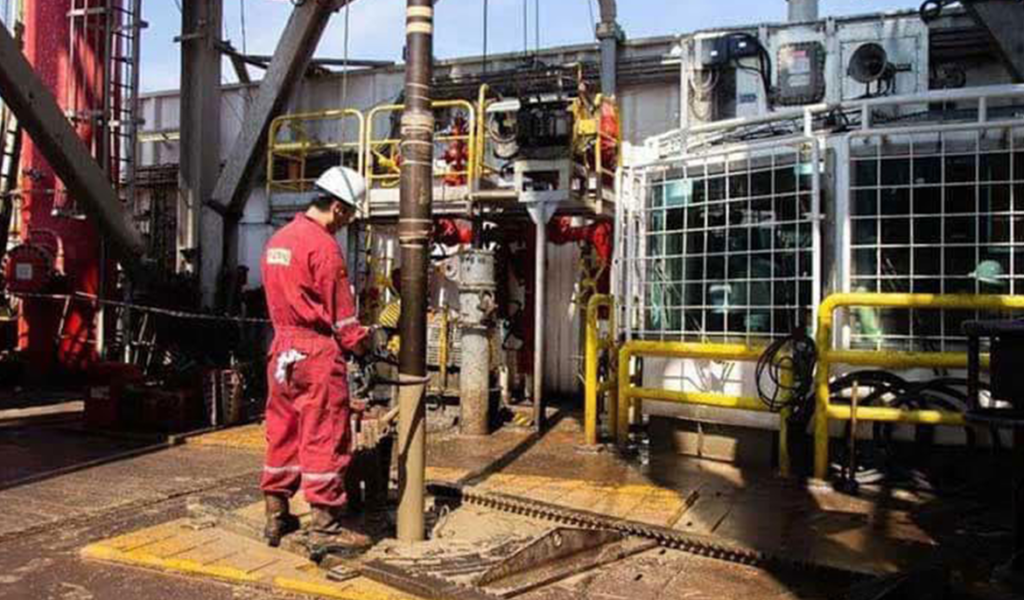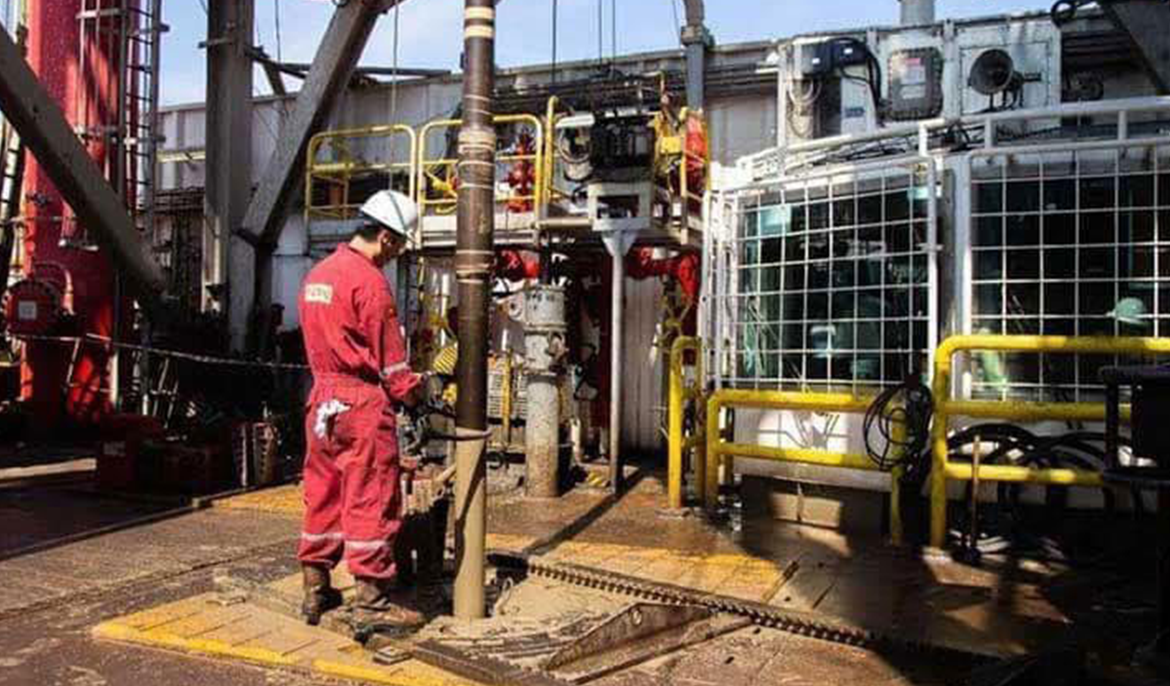Thailand’s Petroleum Exploration and Production Industry Club has supported the government’s efforts to initiate fresh talks with Cambodia on joint exploration of oil and gas in the Overlapping Claims Area (OCA) of the Gulf of Thailand.
The club supports OCA negotiations with Cambodia, said Nipatsin Yimyam, Chairman of the club which is functioning under the Federation of Thai Industries, according to a Bangkok Post report recently.
If the talks prove successful, Thailand and Cambodia will have a new petroleum source that could generate huge economic value, said Nipatsin.
It may be recalled that Prime Minister Hun Manet and his Thai counterpart Srettha Thavisin agreed to reopen the talks when the former arrived in Bangkok for an official visit on February 7.
According to the club’s chairman, Thailand has enough industries to support the oil business and the club, which has about 30 members, is ready to help the government accelerate the process which can boost the Thai economy.
According to Nipatsin, if oil and gas are obtained in the overlapping area, Thailand could significantly reduce the current expenditure for importing gas.
The 26,000-sqkm OCA, reportedly containing huge reserves of oil and gas, has remained a contentious issue between the two countries for long. The Thai Prime Minister was eager to make progress on a deal to develop the area jointly, media reports said recently.
Thavisin told a Thai Parliament session in January that his government would push forward with negotiations to jointly develop oil resources in the Gulf of Thailand for the mutual benefit of the people of the two countries.
“We are sitting on trillion-baht worth of resources. We should be able to negotiate and reach a settlement in our mutual interest and for the well-being of the people,” he reportedly said in the Parliament.
Previous estimates suggested the area potentially contains up to 11 trillion cubic feet of natural gas as well as 500 million barrels of oil and deposits. Talks to overcome the crisis over the OCA have been largely stalled for over two decades.
A 2001 MoU between Thailand and Cambodia outlined a framework to settle the dispute, but in 2009, amid tension between the two countries, the Thai Cabinet unilaterally scrapped the MoU, adding further uncertainty on how to solve the dispute.
In 2014, Cambodia formed a special OCA committee headed by the then Deputy Prime Minister and Senior Minister for Border Affairs to negotiate the matter with the Thai government.
Now, both Cambodia and Thailand need the energy from the huge oil and gas reserves to drive their fast-developing economies. Cambodia is almost entirely dependent on foreign sources of energy and Thailand also faces declining natural gas production and needs the OCA reserves to boost its energy sector.
While confirming the move for a joint feasibility study to explore oil and gas in the OCA, Prime Minister Hun Manet clarified last month that it will not impact the country’s territorial integrity and its maritime border negotiations with Thailand.
While addressing the closing of the annual meeting of the Ministry of Labour and Vocational Training (MLVT) meeting on February 8, Mr Hun Manet said that the OCA is rich in oil and natural gas and its successful extraction can boost the local economy by creating jobs and stabilizing energy prices.
Energy experts pointed out that even with a 50-50 revenue sharing model, reportedly mooted by Cambodia in previous talks, Thailand would be the largest beneficiary, primarily due to the country having a more developed oil and gas industry.
According to the experts, a Joint Development Area (JDA) within OCA seems to be the only realistic solution for both countries to develop and manage the huge energy reserves.
Following last month’s visit of the Prime Minister to Bangkok, Cambodia and Thailand have also elevated their diplomatic ties to a ‘strategic partnership,’ throwing open more avenues for closer cooperation for mutual benefits. khmertimeskh



